Germans consume an average of 35 kilograms of sugar annually, but only about 16 percent of it is bought as household sugar. The remaining sugar is found in other foods and beverages such as sweets, convenience foods, bread, ham and juices. Often these are products that are not supposed to contain sugar. Consuming too much sugar hides health risks. It's not that difficult live healthier with less sugar.
Why we live better with less sugar
Sugar has many health disadvantages. It causes tooth decay and is one of the main triggers for various lifestyle diseases such as obesity and diabetes. Sugar is converted into fat much faster in the body than starch. This is the reason it makes you fat.
Sugar also provides so-called "empty" calories, as it does not contain any significant minerals or vitamins. Sugar in moderation is not necessarily harmful because the brain needs it in the form of glucose to function effectively. However, it is important not to exceed the recommended consumption of 50 grams of sugar per day.
Analyze your sugar sources
In order to achieve the recommended dose of sugar, it is important to get rid of fattening foods from the kitchen. Actual consumption is on average twice the amount recommended. The reason for this is often the hidden sources of sugar that are found in various foods, for example in fruit, corn flakes and ketchup.
These have to be analyzed and avoided. It is advisable not to buy a larder for sweets, as the temptation is then too great to access them again and again. Sweets should only be bought consciously and in small quantities that are intended for immediate consumption.
Avoid sugary drinks
Sugary drinks such as cola, lemonade and juices should definitely be avoided, because insulin is continuously produced in the body, causing the blood sugar level to skyrocket. This means that the organism is constantly geared towards storing fat.
In addition to being overweight, the sugary drinks favor the development of various diseases. Water is the ideal drink as it quenches thirst and has no calories. If you find it too bland, you should add mint and lemon juice.
Snack only on special occasions
Many people use chocolate, cake or cookies to combat stress, the afternoon low or a bad mood. But sweets only help for a brief moment. The body then falls again and demands a replenishment of the sweets. Trail mix and nuts are much better sources of energy.
Sweets should only be eaten on special occasions and not become a habit. If you find it difficult to do without chocolate entirely, you should switch to dark chocolate. It's healthier and has a lot less sugar compared to milk chocolate.
Reduce the amount of sugar when baking & cooking
When baking and cooking, the sugar content can be effectively reduced if cakes, desserts and dishes are prepared by yourself. This offers the possibility to determine the ingredients and thus to cook and bake more healthily. Ready-made products such as cakes from the supermarket, fruit yoghurts, rice pudding and other industrially produced dishes usually do not provide any nutrients, but instead often provide a lot of sugar and harmful additives.
There are natural sugar alternatives on the market that are suitable for baking. Instead of industrial sugar, honey, agave syrup or rice syrup can be used, for example. In addition, sweeteners are available that are similar in structure to sugar, for example erythritol, coconut blossom sugar, xylitol or stevia-based sweeteners.
Find alternatives for sugar - stevia, agave syrup & Co.
There are good alternatives to sugar, for example the calorie-free stevia, agave syrup, manuka honey, which are sweeteners that do not have the side effects of sugar and are partly calorie-free. In fact, when consumed in moderation, they offer health benefits.
In addition to (fruit) sugar, there are also minerals, vitamins and antioxidants. Stevia, for example, has hardly any calories, is not harmful to the teeth, does not affect insulin levels and has a sweetening power that is 300 times stronger than that of sugar. But be careful: The natural alternatives should also be enjoyed in moderation, as they are unhealthy if consumed in excess.
Natural (& healthier) suppliers of sugar
Natural and healthier sugar suppliers are characterized by the fact that they provide the body with permanent energy, do not favor tooth decay, have little influence on the blood sugar level, generally offer health benefits and are therefore ideally suited for sweetening.
Galactose, ribose and isomaltulose, for example, meet this requirement. These are different sugars that occur in nature. They promote the efficiency of the brain and are therefore an optimal source of energy before intense physical or mental exertion.
Conclusion: It's worth the effort - more energy from less sugar
In addition to tooth decay and an excessively high blood sugar level, the excessive consumption of sugar also plays a decisive role in the development of various diseases of civilization. The conventional sugars also provide the body with energy quickly, but only for a short time. Hence, healthier alternatives should be chosen.
They are an ideal source of energy so that more energy is available with less sugar. The reason for this is that the natural sugar alternatives have a greater sweetening power, so that less is required for sweetening compared to table sugar.



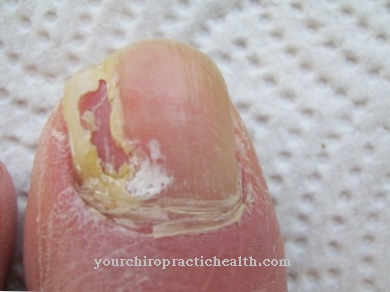
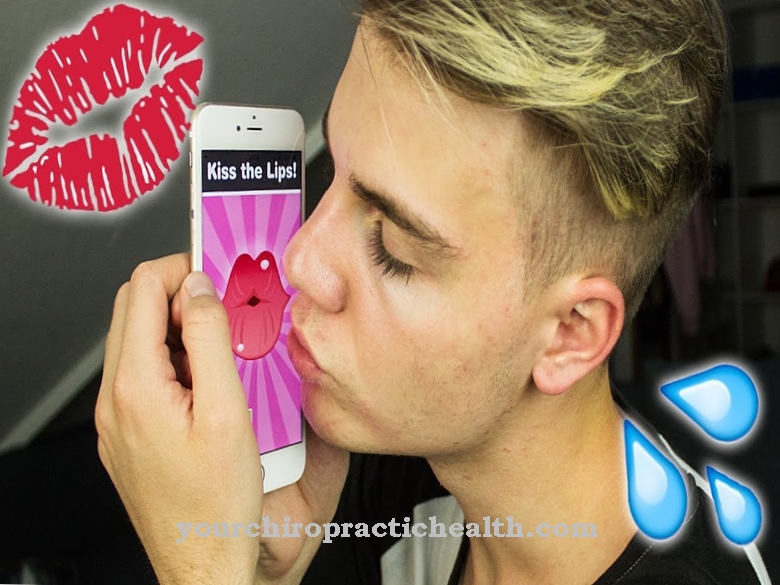





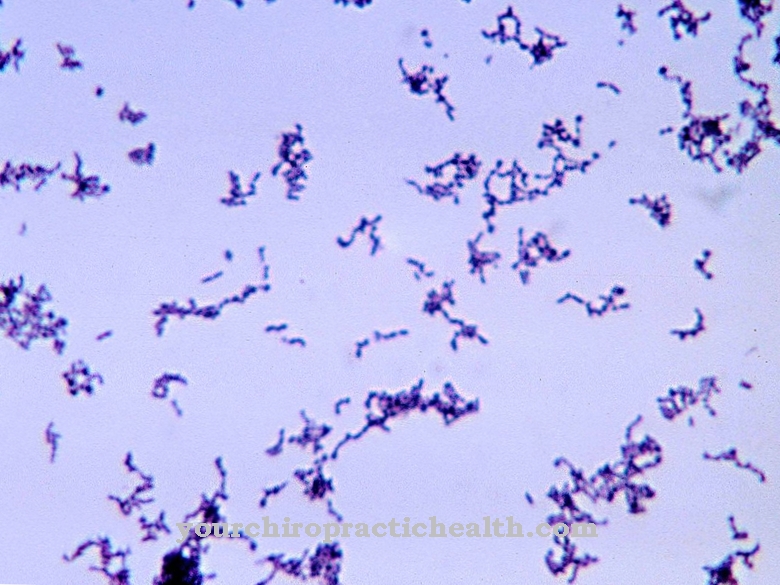
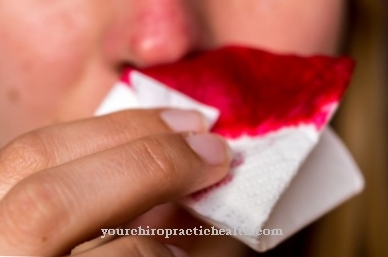


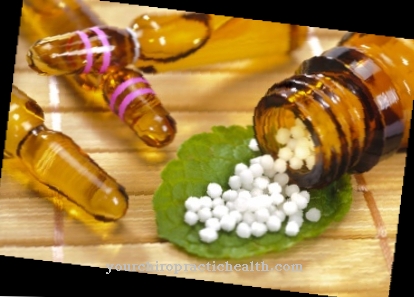
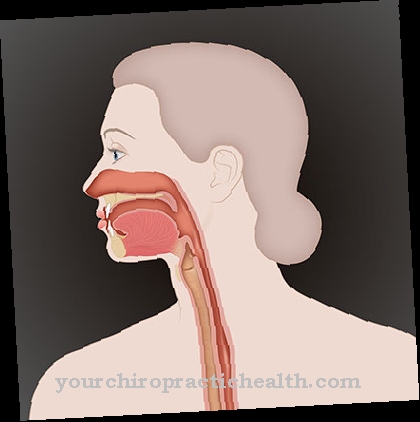
.jpg)


.jpg)

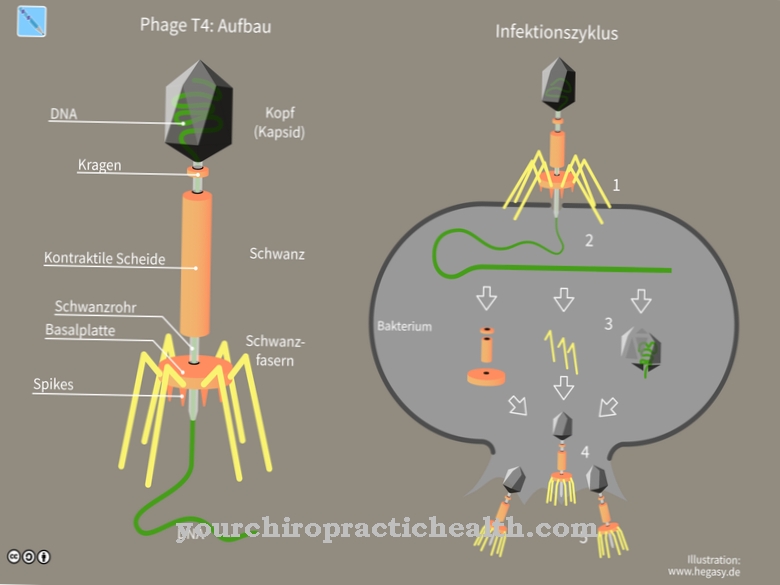
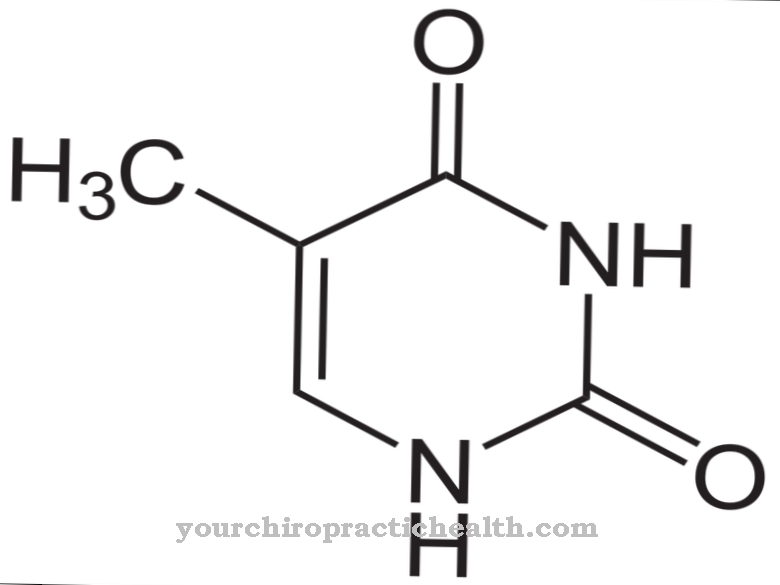



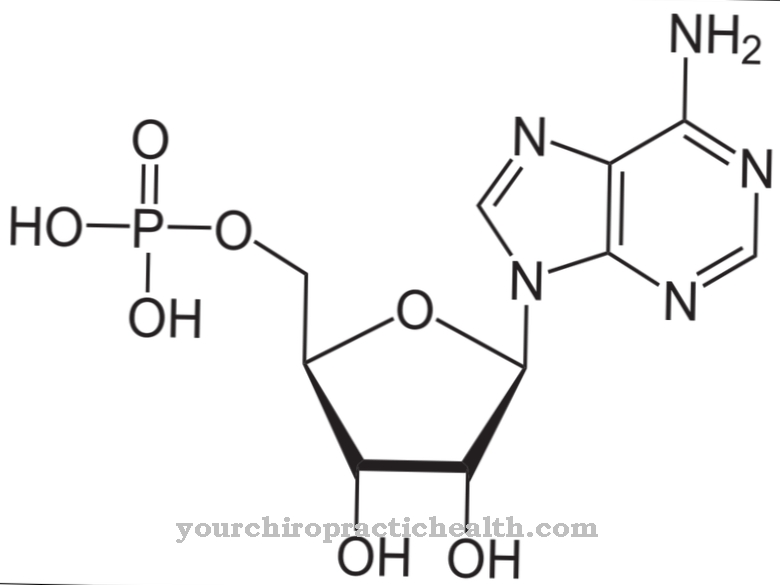
.jpg)
